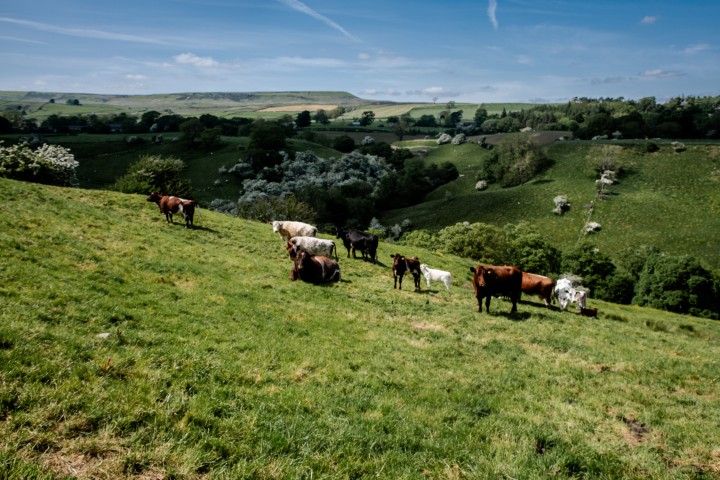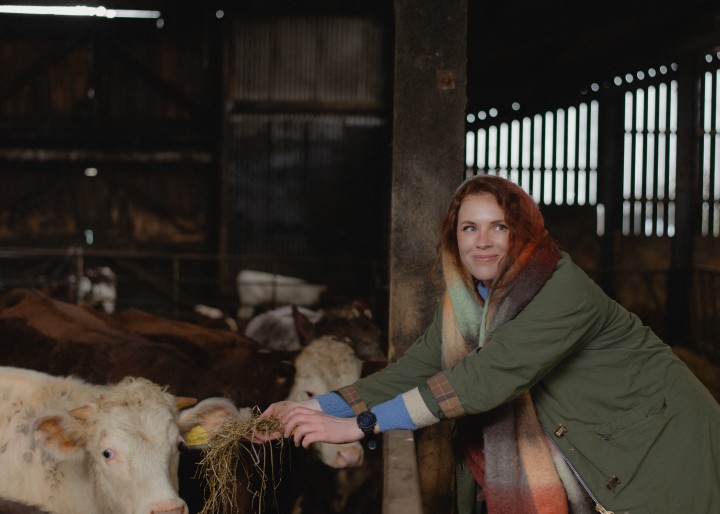Many people might think there's an art to farming, but this is literally the case for Joanne Coates. When she's not helping to run her partner’s family farm in the Yorkshire Dales, she's exploring issues around agriculture, rural life, and communities as an acclaimed visual artist and photographer.
Joanne was raised in North Yorkshire and was always interested in farming, doing agricultural work as a teenager. However, the world of arts and culture called, so she went to study in London. Curiously, though, in the big city, Joanne realised that all her artistic work was drawing upon her experiences in the countryside and the lives of the people who work the land.
When she met her husband Dan, who comes from a farming family, it wasn’t long before the couple were spending a lot of time doing agricultural work together. Now, as well as helping to run the upland livestock operation at Moorhen Farm, Joanne has a supporting job milking cows. She describes the farm’s location as a typical Yorkshire Dales valley with mist-wreathed moorland at the top of the site, dry stone walls and the farmland stretching down the hillside to the river.




